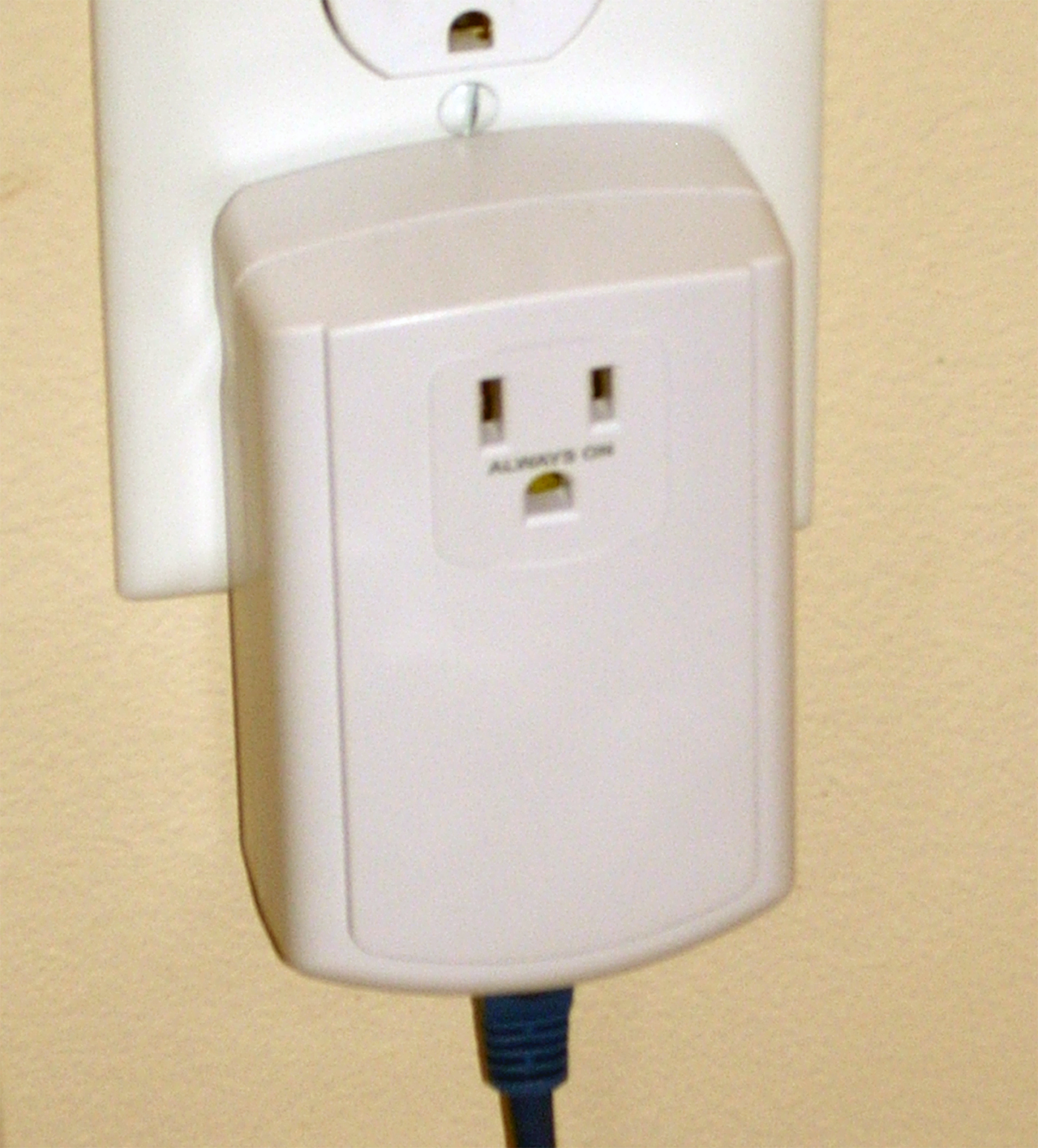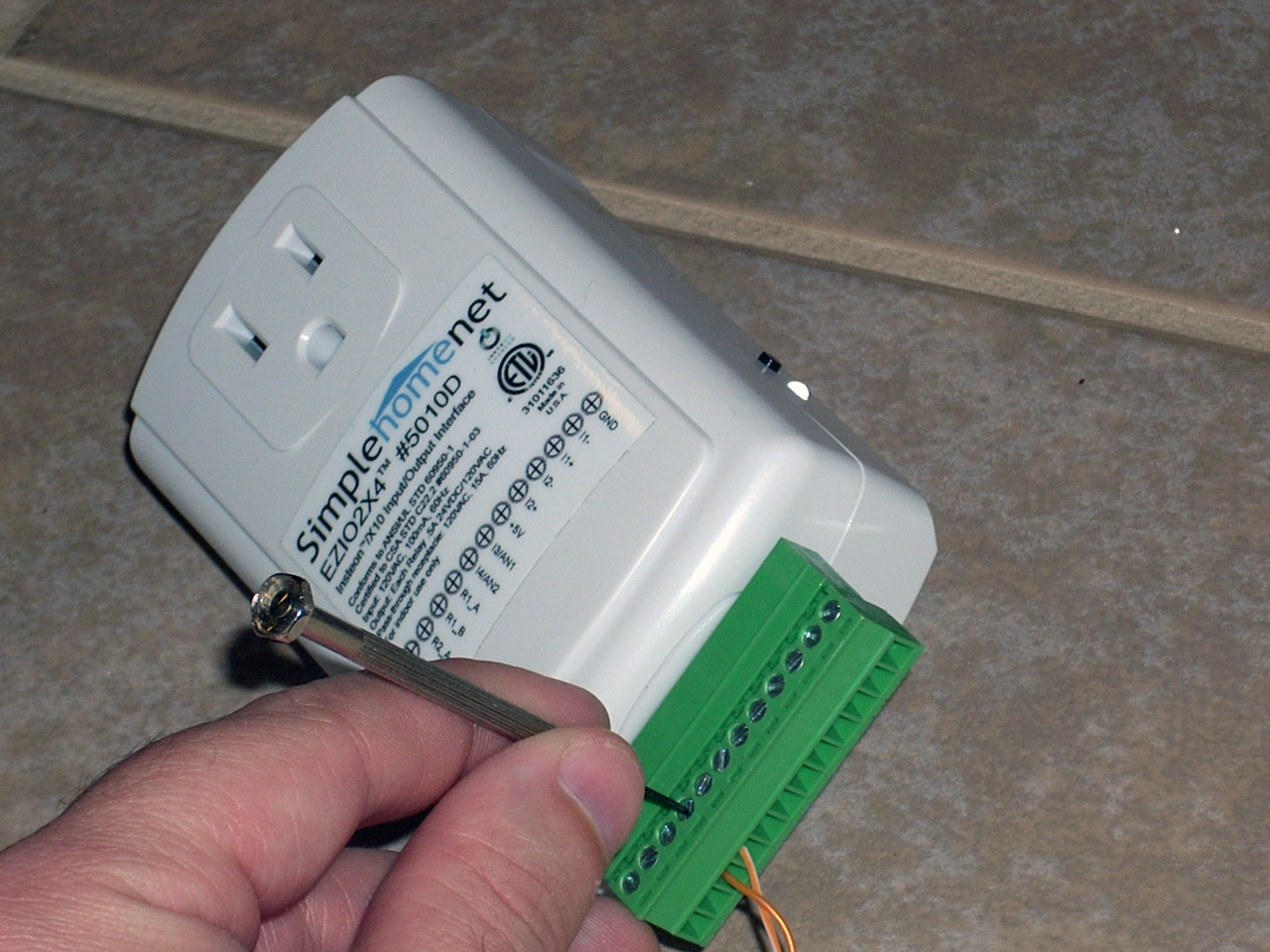Reader's Voice: An Introduction To Home Automation
Off To The Store: Shopping For HA
Where, exactly, do you find these home automation devices? Prices haven't come down to the point where they can be found on the shelf at Walmart, but many of the components are actually quite affordable. There are a great number of online stores that sell home automation products, some exclusively, and some alongside security offerings. You can even find them at Home Depot's online store, although the company says these products are available online-only.
Before you go shopping for HA devices, you should consider other possible expenses for which you might not have yet accounted. Is the wiring in your home sufficient for your protocol of choice, or will you have to have it re-wired? Do you need (or even want) an electrician to come out and take care of the light switches and power outlet wiring if they need to be modified? What kind of control will you want over the system (will it be by hand-held remote, in-wall controllers, a PC interface, or do you want some or all of it to be automated)?
I spent several days looking through the products available online and browsing forums to see what options were available out-of-the-box for a tech-savvy enthusiast. Two of the most complete and informative Web stores I found were smarthome.com and homecontrols.com. Many of the searches for further guidance landed me at cocoontech.com, and reading other people's guides and questions helped me through the process.
Once you start looking through the e-tail catalogs and reading about what other people have done in the home automation-centered forums, it's easy to get carried away. Incidentally, don't be surprised if your resulting ideas turn out to be more grandiose than your budget.
Pulling The Trigger
When it came to buying I went back to smarthome.com for their Insteon products. You can get Insteon-based hardware at a number of other online vendors, such as homedepot.com, amazon.com, and crutchfield.com, but you'll probably find better deals and more help at sites specializing specifically in home automation.
Of course, I wanted to do more than I could afford, so I had to start small and I plan to add on later. Lighting was at the top of my list, so I ordered a starter kit that included a few dimmer switches, a tabletop controller, and a pair of access points to strengthen the Insteon network. To achieve more granular control of the system, I picked up a Smartlinc controller that allows program and control access from any computer and many smartphones. A wireless motion sensor was thrown in to play with responsive triggers and an input/output controller to activate my garage door. After making the purchase, I sat patiently, waiting for the package's arrival.
Get Tom's Hardware's best news and in-depth reviews, straight to your inbox.
Current page: Off To The Store: Shopping For HA
Prev Page Home Automation Protocols Next Page The Hardware Arrives-
Gin Fushicho Sounds like a lot of fun, though my Grandpa wouldnt like it , he likes to work too much. =/ He might like setting it up though.Reply -
Twoboxer IMO, the problem with "Home Automation" is thatReply
(a) it's fragmented
(b) most applications can be accomplished in most homes with less expensive, individual systems than with any integrated system - even if one existed.
HVAC: Unless you have a large home requiring multiple HVAC zones/thermostats, and unless parts of the home are unoccupied for varying amounts of time, a programmable thermostat is an adequate solution. Setbacks (eg while you are at work) don't seem to save much money with modern HVAC systems in most US climates.
Lighting: If "security" means cycling lights so the house looks occupied, again simple timers are adequate. Unless you have a large, multi-source lighted home, few need automated lighting and "scenes".
Irrigation: If you have any sprinkler system, once again timers and rain sensors do the job well enough.
And so on.
FYI, I have a large primary residence with a networked security system that also controls multiple thermostats. A dedicated PC has replaced a stand-alone DVR to monitor security cameras. A low-voltage, microprocessor controlled system controls lighting.
If these 8-year old systems talked to each other well, maybe I could use the motion detectors to automatically turn lights on and off. And maybe I wouldn't be better off using standard internet cameras to monitor security as I travel between homes.
Its all cool technology, but as a substantial user and tech-lover, I just don't see significant, practical application in most homes. -
Twoboxer Please forgive the double-post, but I couldn't resist pointing out one savings I learned about from all of this.Reply
I use a lot of 130V bulbs in the fixtures controlled by microprocessor controlled lighting system. Most of these bulbs are also oversized for their purpose, and are therefore set to run at, eg, 60% or 75% of maximum voltage when turned on.
I don't know whether I've saved any electricity or not - I doubt it lol - but I have saved a tremendous amount of money on bulbs. EG, there are 11 such bulbs in my kitchen ceiling and they run a minimum of 12 hours per day. I have not replaced a bulb in that set since they were installed over 8 years ago. -
mrubermonkey Buying proprietary systems is bad. Go with equipment that goes by industry standards and the whole issue with home automaton being a long-term investment goes away for the most part. Unless some company's proprietary technology always leads industry standards by leaps and bounds, but this is rare.Reply -
pratik77 If you want the real deal, go for Crestron.Reply
Sure it costs money but so does liquid nitrogen cooled overclocked gaming rigs. -
On the life of light bulbs . . . .Reply
Lamp life is very sensitive to operating voltage - for 120 volts Ge quotes 125 volts as shortening the lamp life to 1/2 and 130 volts to 1/3. The inverse is true - if you put a 130 volt lamp in a 120 volt circuit you can expect over double the lamp life, and if you have a dimmer to soft start then it can last a way lot longer.
http://www.gelighting.com/na/business_lighting/faqs/incandescent.htm -
How can you not mention http://www.CocoonTech.com, the largest DIY home automation site out there.Reply
-
sublifer cocoonerHow can you not mention http://www.CocoonTech.com, the largest DIY home automation site out there.It was mentioned on page 3:Reply
Many of the searches for further guidance landed me at cocoontech.com, and reading other people's guides and questions helped me through the process.

